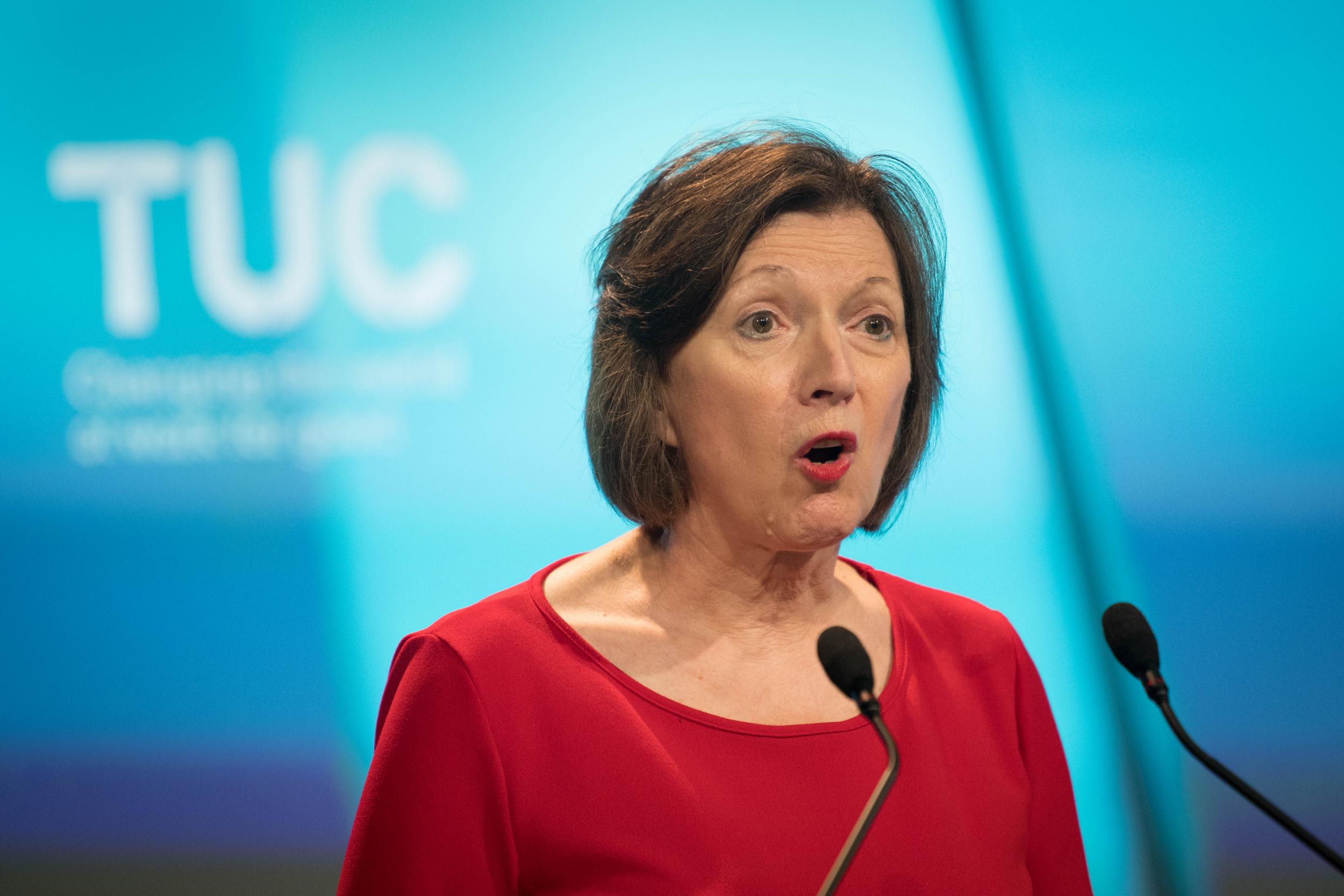Trade unions have published a roadmap to raise the minimum wage to £15 an hour and warned that the government's promised "high-wage economy" needs more than "wishful thinking".
The Trades Union Congress (TUC) proposal says a £15 minimum wage is needed "as soon as possible", with an escalating cost-of-living crisis hitting after years of wage stagnation.
"Millions of low-paid workers live wage packet to wage packet, struggling to get by – and they are now being pushed to the brink by eye-watering bills and soaring prices," TUC general secretary Frances O’Grady said.
“Ministers promised a high wage economy time and time again, but they need a real plan to deliver it – not just a convenient political slogan."
The hourly wage floor for adults over 23 currently sits at £9.50, with lower rates for younger workers and apprentices.
The government's existing plan is for the minimum wage to be increased to two-thirds of average earnings by 2024, a mandate it has given to the committee that decides how far it should be increased.
That approach is expected to leave the rate at £10.50 next year, if the economic conditions allow. Ministers also want to raise the rate for workers over 21.
Under the approach outlined by the TUC, the Low Pay Commission's mandate would be changed to target 75 per cent of median hourly pay, while other policies would be rolled out to drive general wage increases across the economy.
The unions say the latter could be achieved by introducing sectoral pay bargaining, or "Fair Pay Agreements", which would see employers and unions negotiate minimum pay rages across industries. The approach is common in neighbouring countries like Germany, France, Belgium and Sweden.
"Between 1997 and 2010 nominal wages grew by an average of 3.8 per cent a year. At the very least, we need to see this level of growth again," the roadmap says.
"This is conservative following over a decade of stagnation. Higher levels of sustained pay growth are needed to recover lost ground and to help workers cope with soaring living costs now.
"But even this level of wage growth would deliver a £20 median wage by the end of the decade. In combination with a 75 per cent bite, it would establish a £15 minimum wage. Higher wage growth should deliver a £15 minimum wage sooner, and the TUC believes we should reach £15 as soon as possible."
Across the economy real wages are still below the level of the 2008 crash, having briefly risen above that level just before the Covid-19 pandemic saw them again fall.
The adult rate of the minimum wage has outpaced wages generally, however – rising by 42 per cent between April 2016 and July 2022, while inflation has increased by 22 per cent over the same period.
Significant rises in the wage floor are likely to be necessary to maintain that progress, however, with annual inflation set to tip into double digits across the economy.
A £15 minimum wage was backed by Labour members at the party's conference last year, though the leadership has so far refused to campaign for it and promised just £10, lower than the government's effective target rate for next year.
Boris Johnson used his Tory conference speech last year to promise a “high-wage, high-skill, high-productivity economy”.
Responding to the TUC plan, a government spokesperson said: “Our Plan for Jobs is helping people into work and giving them the skills they need to progress – the best approach to managing the cost of living in the long term.
“We are determined to make work pay, and this year’s increase is the largest ever National Living Wage rise, helping millions of families across the country.
“We know the pressures people are facing with rising costs, which is why we have continually taken action to help households by phasing in £37 billion worth of support.”







Join our commenting forum
Join thought-provoking conversations, follow other Independent readers and see their replies
Comments